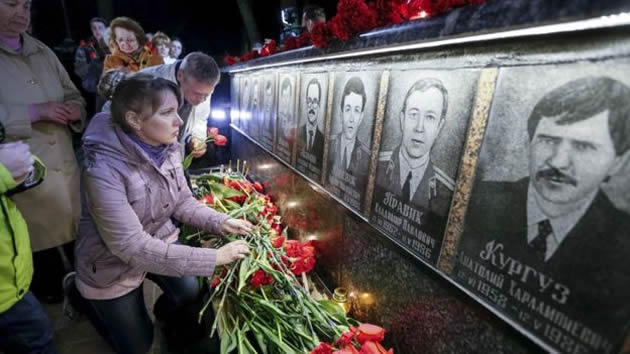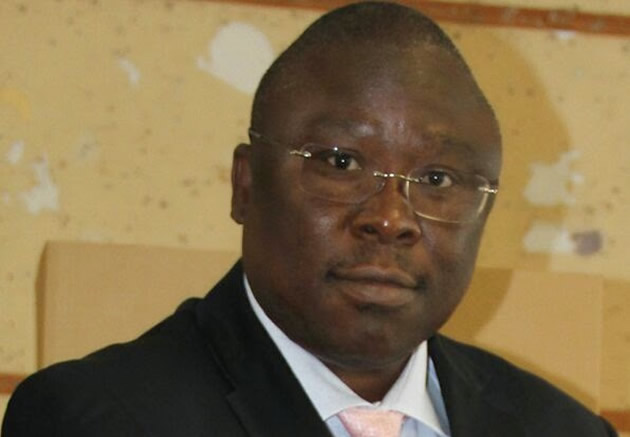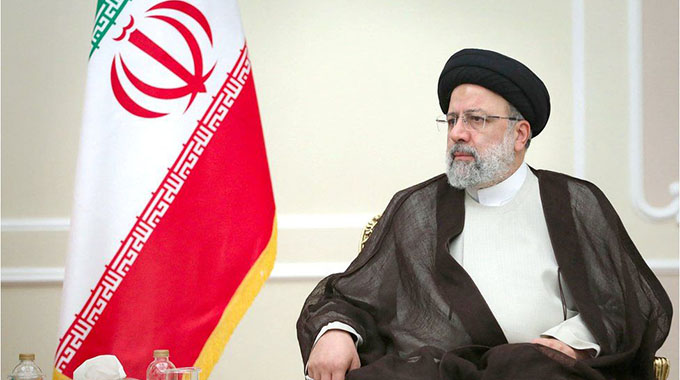30th anniversary of Ukraine’s Chernobyl nuclear tragedy

 KIEV. — Yesterday marked the 30th anniversary of the Chernobyl nuclear disaster in today’s Ukraine, but many painful lessons have not been learned.
KIEV. — Yesterday marked the 30th anniversary of the Chernobyl nuclear disaster in today’s Ukraine, but many painful lessons have not been learned.
In March 2011, the Fukushima Daiichi nuclear plant in Japan was disabled after explosions, a top-level disaster.
Some Ukrainian nuclear safety experts believe that the Fukushima tragedy was preventable given the Chernobyl experience, but human negligence had left the plant unprepared for the earthquake and tsunami.
Olga Kosharna, an expert at the State Nuclear Regulatory Inspectorate of Ukraine, said that the management of the Fukushima plant had been warned in advance about the risks of failure of the emergency electricity generators and the subsequent failure of the cooling systems in a seismically active place.
As the power generators were washed away in the tsunami and the emergency batteries were designed to power the plant only for several hours, the cooling systems failed, leading to a meltdown of the reactors.
The blasts that have released radioactive material into the environment could also have been avoided if proper preventable measures had been taken, he said.
“If they had re-ionizers of hydrogen or holes in the roof, there would be no explosion and such severe radiation effects. There has been a human error,” Kosharna told Xinhua.
Bureaucracy was one of the main reasons why the disaster on the Fukushima nuclear plant was so devastating.
“Japanese mentality is hierarchical — all are awaiting instructions from the top chief to start acting and it is time-consuming. Besides, there was no independent nuclear agency, which examines the technical state of the plant and decides whether to stop the functioning of the reactor or suspend its operating license,” the expert said.
The fact that the top manager of the plant’s operator, Tokyo Electric Power Company, known as TEPCO, was not a nuclear professional also played a role in the tragedy as it was unable to react in a proper way on the emergency situation.
“The lack of safety culture, and the fact that the TEPCO manager was … not a nuclear physicist who understands the process, also contributed to the disaster,” Kosharna said. — Xinhua.









Comments